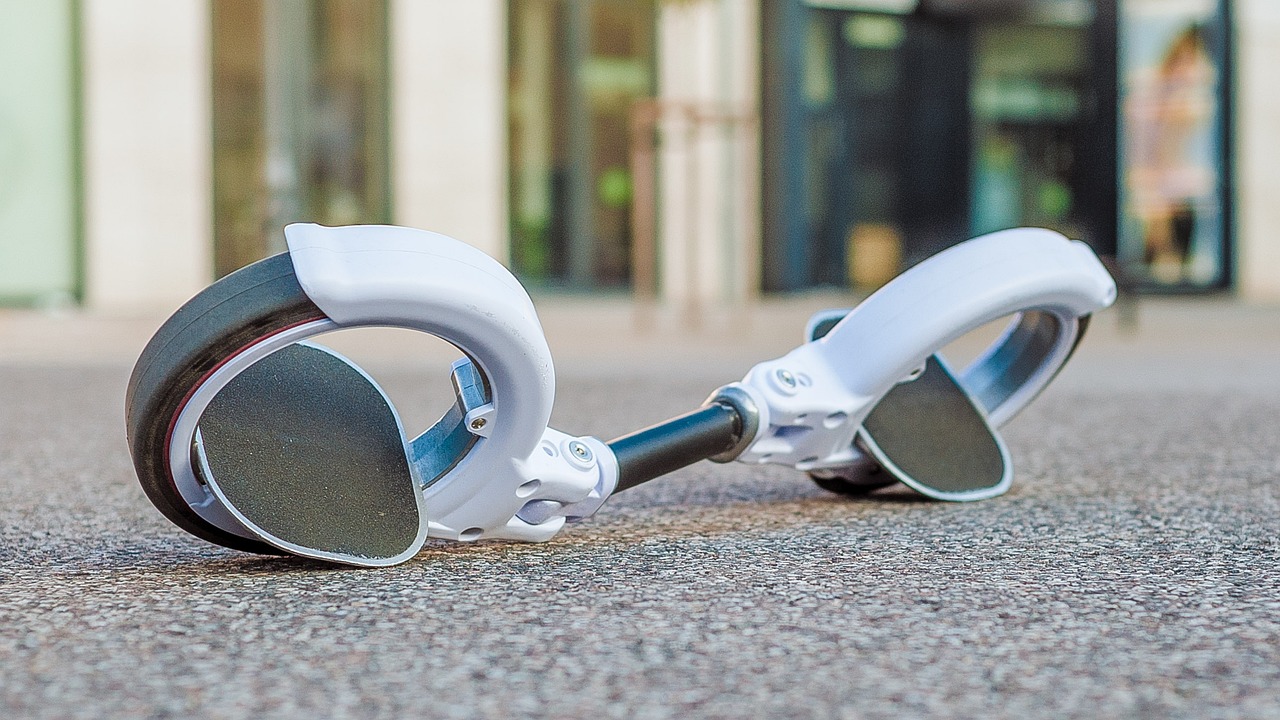The Link Between Rheumatology and Foot Health: All panel mahadev book, Lotus bhai 365 login, Allpaanel
all panel mahadev book, lotus bhai 365 login, allpaanel: The link between rheumatology and foot health is a critical aspect of overall well-being that is often overlooked. Rheumatology is the branch of medicine that focuses on the diagnosis and treatment of diseases that affect the joints, muscles, and bones. Many rheumatic diseases can have a direct impact on foot health, leading to pain, discomfort, and mobility issues. In this article, we will explore the relationship between rheumatology and foot health, and discuss how individuals can take steps to maintain healthy feet despite the challenges of rheumatic diseases.
Understanding the Link Between Rheumatology and Foot Health
Rheumatic diseases such as rheumatoid arthritis, osteoarthritis, gout, and lupus can all affect the feet in different ways. These conditions often lead to inflammation, pain, stiffness, and swelling in the joints, which can make it difficult to walk, stand, or perform daily activities. In addition, rheumatic diseases can also cause deformities in the foot, such as bunions, hammertoes, and flat feet.
The feet are complex structures that support the weight of the body and play a crucial role in mobility. When the joints, muscles, and bones in the feet are affected by rheumatic diseases, it can have a significant impact on a person’s quality of life. That’s why it’s essential for individuals with rheumatic diseases to pay close attention to their foot health and seek treatment from a rheumatologist or a podiatrist.
Maintaining Healthy Feet with Rheumatic Diseases
Despite the challenges posed by rheumatic diseases, there are steps that individuals can take to maintain healthy feet and reduce the impact of these conditions on their mobility and quality of life. Here are some tips for caring for your feet if you have a rheumatic disease:
1. Wear supportive footwear: It’s important to wear shoes that provide good arch support, cushioning, and stability. Look for shoes that are roomy enough to accommodate any deformities in your feet, such as bunions or hammertoes. Avoid high heels and narrow-toed shoes, as they can exacerbate foot pain and discomfort.
2. Practice good foot hygiene: Keep your feet clean and dry to prevent infections and skin problems. Wash your feet daily with warm water and mild soap, and make sure to dry them thoroughly, especially between the toes. Moisturize your feet regularly to keep the skin soft and supple.
3. Maintain a healthy weight: Excess weight can put added stress on the joints in your feet, worsening pain and discomfort. Follow a balanced diet and engage in regular exercise to maintain a healthy weight and reduce the strain on your feet.
4. Stay active: Regular exercise is essential for maintaining flexibility, strength, and mobility in your feet and ankles. Choose low-impact activities such as walking, swimming, or cycling, and avoid high-impact activities that can aggravate joint pain.
5. Seek treatment for foot problems: If you experience persistent foot pain, swelling, or deformities, it’s important to seek treatment from a rheumatologist or a podiatrist. They can recommend appropriate treatments such as orthotics, physical therapy, medications, or surgical interventions to help improve your foot health.
By taking these steps to care for your feet, you can minimize the impact of rheumatic diseases on your mobility and quality of life, and maintain healthy feet despite the challenges you may face.
FAQs
Q: Can rheumatoid arthritis affect the feet?
A: Yes, rheumatoid arthritis is a systemic autoimmune disease that can cause inflammation in the joints of the feet and lead to symptoms such as pain, stiffness, and swelling.
Q: What are some common foot problems associated with rheumatic diseases?
A: Common foot problems associated with rheumatic diseases include bunions, hammertoes, flat feet, plantar fasciitis, and Achilles tendonitis.
Q: How can I prevent foot problems if I have a rheumatic disease?
A: To prevent foot problems, it’s essential to wear supportive footwear, practice good foot hygiene, maintain a healthy weight, stay active, and seek treatment for foot problems promptly.
In conclusion, the link between rheumatology and foot health is a significant aspect of overall well-being that deserves attention and care. By taking proactive steps to maintain healthy feet, individuals with rheumatic diseases can improve their quality of life and mobility, despite the challenges they may face. It’s essential to work closely with healthcare providers such as rheumatologists and podiatrists to address foot-related issues and seek appropriate treatment. By prioritizing foot health, individuals can better manage the impact of rheumatic diseases and enjoy a better quality of life.







